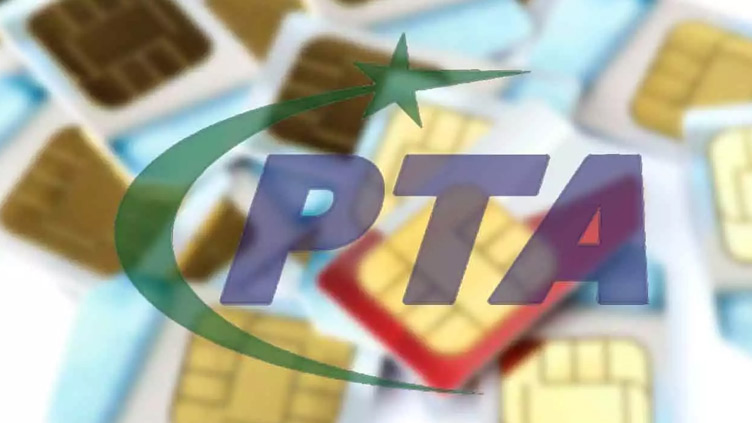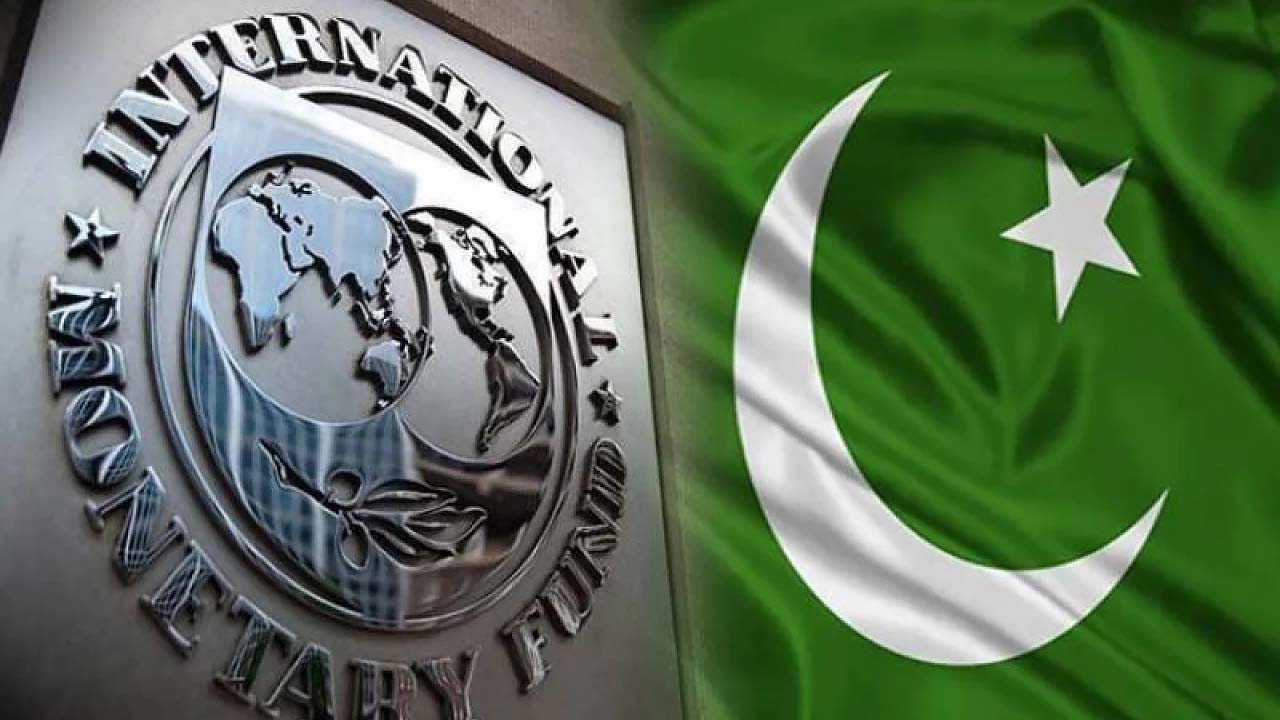The Pakistan Telecommunication Authority (PTA) has launched a new strategy to tackle the issue of illegal mobile phone subscriber identity modules (SIMs). By leveraging data from the National Database and Registration Authority (NADRA), the PTA aims to enhance telecommunications security and curb unauthorized SIM usage. This initiative, set to roll out in a systematic three-phase approach, reflects the PTA’s ongoing commitment to addressing the growing concerns surrounding fraudulent SIM registrations and their potential misuse.
Starting on August 16, the PTA will commence the first phase of its plan by blocking SIMs registered under fraudulent or canceled computerized national identity cards (CNICs). This step is crucial in addressing the widespread issue of illegal SIMs, which have often been linked to criminal activities such as fraud and extortion. By targeting SIMs associated with invalid CNICs, the PTA seeks to prevent unauthorized access to mobile services, thereby enhancing overall security within the telecommunications sector.
The PTA has already begun notifying affected users through text messages, urging them to verify and update their registration details to avoid disruption of services. This proactive communication is intended to minimize inconvenience to legitimate users while ensuring that the phased blocking process is as smooth as possible.
In the second phase of the initiative, the PTA will focus on SIMs linked to CNICs that are nearing expiration. This measure is designed to prevent the continued use of SIMs associated with identity cards that are about to become invalid. By targeting these SIMs, the PTA aims to ensure that mobile services are only accessible to individuals with valid and up-to-date identification, further reducing the risk of unauthorized usage.
The PTA’s decision to address expiring CNICs is part of a broader effort to maintain the integrity of the telecommunications system. As CNICs serve as a primary form of identification for SIM registration, ensuring that these documents are current is essential for maintaining accurate records and preventing fraudulent activity.
The final phase of the PTA’s plan will involve blocking SIMs registered in the names of deceased individuals. This step is a critical component of the overall strategy, as it addresses the potential misuse of SIMs associated with CNICs of people who have passed away. By eliminating these SIMs from circulation, the PTA aims to prevent their exploitation in criminal activities and other unauthorized uses.
The PTA’s approach to addressing the issue of SIMs registered to deceased individuals reflects its commitment to maintaining a secure and reliable telecommunications environment. By ensuring that only valid, living individuals have access to mobile services, the PTA is taking a significant step towards reducing the risk of SIM-related fraud and abuse.
The PTA’s new strategy is part of its broader efforts to combat illegal SIM usage, which has been a persistent challenge for the telecommunications sector in Pakistan. Illegal SIMs are often linked to various forms of criminal activity, including fraud, extortion, and even terrorism. By implementing this three-phase plan, the PTA aims to address these concerns head-on and strengthen the overall security of the telecommunications infrastructure.
To ensure the effective implementation of the new plan, the PTA will closely monitor each phase of the initiative. This includes tracking the progress of SIM blocking, addressing any issues that may arise, and making adjustments as needed to ensure that the objectives of the plan are met. The PTA’s vigilant oversight will be key to the success of the initiative and its ability to deliver meaningful results in terms of enhanced telecommunications security.
The phased SIM blocking strategy, the PTA is also likely to continue its efforts to raise awareness about the importance of SIM registration and the risks associated with illegal SIM usage. Public awareness campaigns, in collaboration with NADRA and other stakeholders, could play a crucial role in ensuring that users are informed about the new measures and understand the importance of complying with registration requirements.




